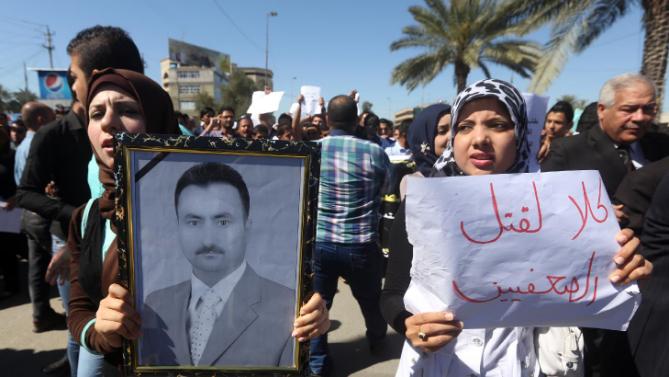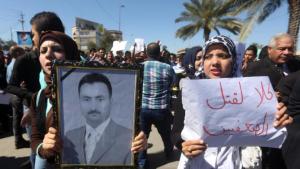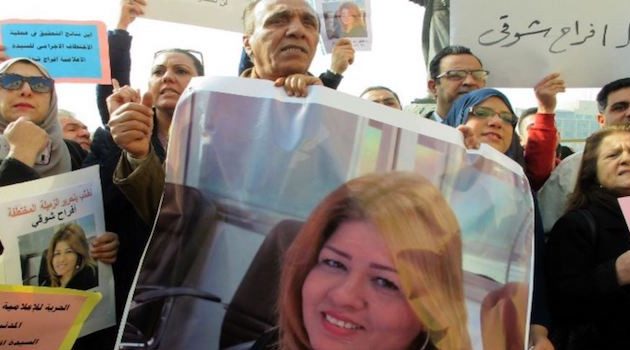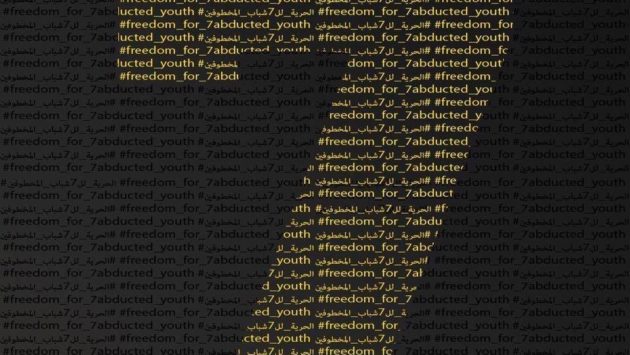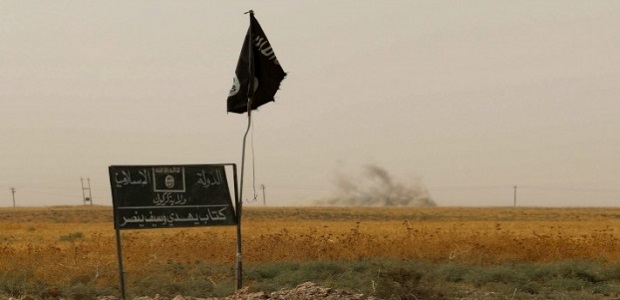Iraqi Journalists Likely to Face Exponential Rise in Risks in 2015
ICSSI: Suzanne DeRouen
Reporters Without Borders’ (RWB) 2015 World Press Freedom Index reports that, due to the presence of Daesh and the subsequent worsening security situation as well as the government’s chokehold on the press in remaining regions still under its control, Iraq ranked 153 out of 180 countries in 2014 (down three spots from 150 out of 180 countries in 2013).
Risks are increasing for journalists in 2015 from both state and non-state actors. RWB gives the example of Mosul as just one dangerous no-go zone for journalists now, essentially leaving the besieged city a “black hole” of information. And as journalists elsewhere in Iraq have been “targets of brutal attacks,” Iraq in 2014 was the world’s fourth most dangerous country for journalists.
With Daesh’s stronghold in several regions, journalists have to report on the situation from elsewhere, resulting in undependable coverage. RWB reports: “[Daesh] pays meticulous attention to its image and wages a media war as well as a military one, reinforcing its influence by creating its own propaganda media and eliminating all others that do not toe the line.” Daesh controls five TV stations, a radio station and a magazine as of press time, and enforces its particular brand of barbarism with beheadings and public executions of journalists. Simultaneously and further tightening its grip on press freedom in the country, the Iraqi government has closed several TV stations (including Al-Babelyia TV, Al-Sharqiya TV and Al-Rafidin TV), claiming failure of neutrality.
Iraqi journalists and civil society activists find themselves surrounded by risks yet plan to continue their activism. During the Iraqi Civil Society Solidarity Initiative (ICSSI) Conference in Oslo, Norway, 27-29 October 2014, a number of Iraqi and international activists discussed risks facing Iraqi journalists and the steps needed to protect freedom of expression. In ICSSI’s final Declaration, activists pledged to prevent passage of government-sponsored laws such as the “freedom of press” law currently being reviewed by the Iraqi government. The Iraqi Coalition for Freedom of Expression (formed in May 2014 as an outcome of the Global Conference on Freedom of Expression that was held in Tunisia–the Coalition includes the National Association to Defend Human Rights, Iraqi Female Journalists, Association to Defend Freedom of Journalists, Almesalla Organization, War Peace Reporting Institution, National Union of Iraqi Journalists, Iraqi Network for Social Media, Yazidi Solidarity and Fraternity League, ICSSI, The Iraqi Democratic Future Network, and “Hawlati” newspaper) has participated in a working session in Baghdad organized by the Cultural Committee in Iraqi Parliament, where they advocated to prevent passage of the aforementioned law until it “conforms with internationally recognized human rights standards.” (For further information, click here.)
Additionally, ICSSI pledges to campaign for the protection of all journalists’ lives and “the rights of women journalists to be protected from harassment, discrimination or abuse by media institutions and in the workplace.” Working together with the Iraqi Women Journalists Forum and the Iraqi Coalition for Freedom of Expression, ICSSI and various other civil society organizations seek also to boost the numbers of women journalists in state-run media.

